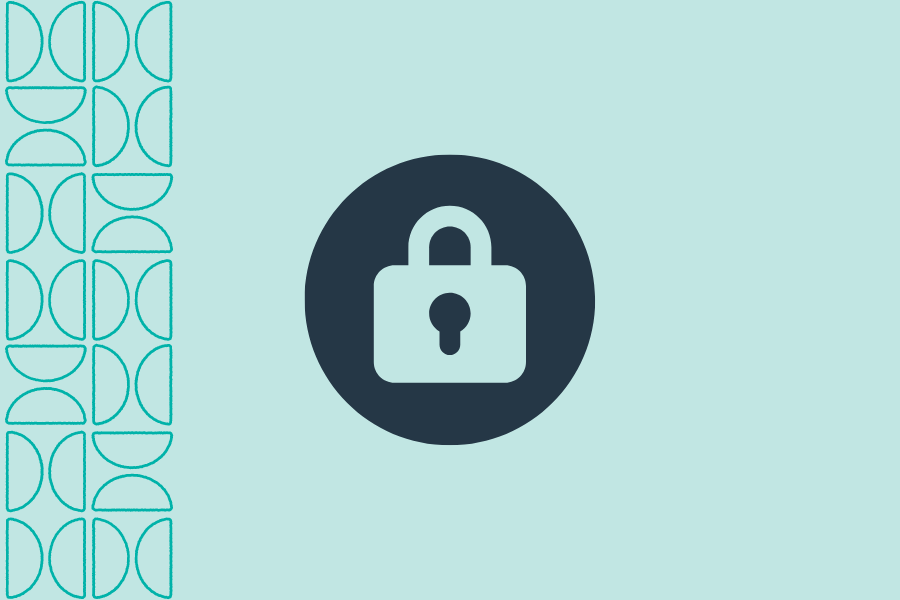Resources
Resources
Navigating Market Volatility: How to Spot and Avoid Investment Scams

Investing is one of the best ways to build your wealth over time – especially when guided by sound advice and long-term planning. But during periods of economic uncertainty or market fluctuations, scammers may try to take advantage of anxious investors by offering “can’t-miss” opportunities that turn out to be too good to be true.
At Central Pacific Bank, we believe everyone deserves access to smart, secure financial advice – and that includes knowing how to spot red flags and protect your hard-earned money. Here’s what to know.
Common Investment Scams to Watch For
Most investment professionals and products are legitimate. Still, it helps to be aware of the more common types of investment scams:
- Ponzi or Pyramid Schemes: These involve paying returns to earlier investors using the capital from newer investors, creating an illusion of profitability. Eventually, these schemes collapse when new investments dry up.
- Pump and Dump Scams: Fraudsters inflate the price of a stock through misleading statements, then sell off their shares at the heightened price, leaving other investors with devalued stocks.
- Affinity Fraud: Scammers exploit the trust within specific communities or groups, such as religious or ethnic communities, to promote fraudulent investments.
Red Flags of Investment Fraud
It’s not always easy to tell the difference between a good investment and a scam, but these signs should raise concern:
- Guaranteed High Returns with Little or No Risk: All investments carry some level of risk. Promises of high, risk-free returns are unrealistic and often indicative of fraud.
- Unregistered Products or Professionals: Ensure that both the investment and the person offering it are registered with appropriate regulatory bodies. Unregistered entities may not adhere to financial regulations, increasing the risk of fraud.
- Pressure to Invest Quickly: Scammers often create a false sense of urgency to prevent you from conducting due diligence. Legitimate investments will withstand careful consideration.
How to Protect Yourself
- Do Your Research: Know what you’re investing in. Understand how it works and what the risks are.
- Verify Credentials: Use tools like FINRA’s BrokerCheck to confirm if someone is properly registered.
- Talk to Trusted Advisors – Like Ours: Before you commit to any investment, talk it over with a professional. At Central Pacific Bank, our team is here to help. Whether you're unsure about an offer you received or just want a second opinion, our Wealth Management Team can help you make informed, secure financial decisions.
Learn more at www.cpb.bank/wealth-management.
- Report Suspicious Activity: If you think you've encountered fraud, report it to the Hawaii DCCA or call 1-877-HI-SCAMS (1-877-447-2267).
Staying Informed – A Local Reminder
Recently in Hawaii, four individuals were charged with running a fraudulent investment scheme, targeting people with promises of unusually high returns. As a reminder, scams can happen anywhere, which is why it’s important to ask questions, do your research, and check with trusted professionals before moving forward.
(Source: U.S. Department of Justice – District of Hawaii)
"In times of market volatility, it's crucial to remain vigilant,” says CPB’s Vice President and Director of Financial Crimes Security Mitzi Lee. “Fraudsters exploit uncertainty, but by staying informed and cautious, you can protect your investments and financial future."
We Got You – Stay Informed with CPB
At Central Pacific Bank, we’re committed to helping you stay one step ahead of fraud. Visit cpb.bank/fraud to explore more resources, learn about common scams, and download our fraud response plan.
For even more resources on identifying and preventing investment fraud, visit the North American Securities Administrators Association's website.
Offering expert insights on a variety of topics such as home affordability, small business growth, international economic trends, and digital banking.




 Share
Share


